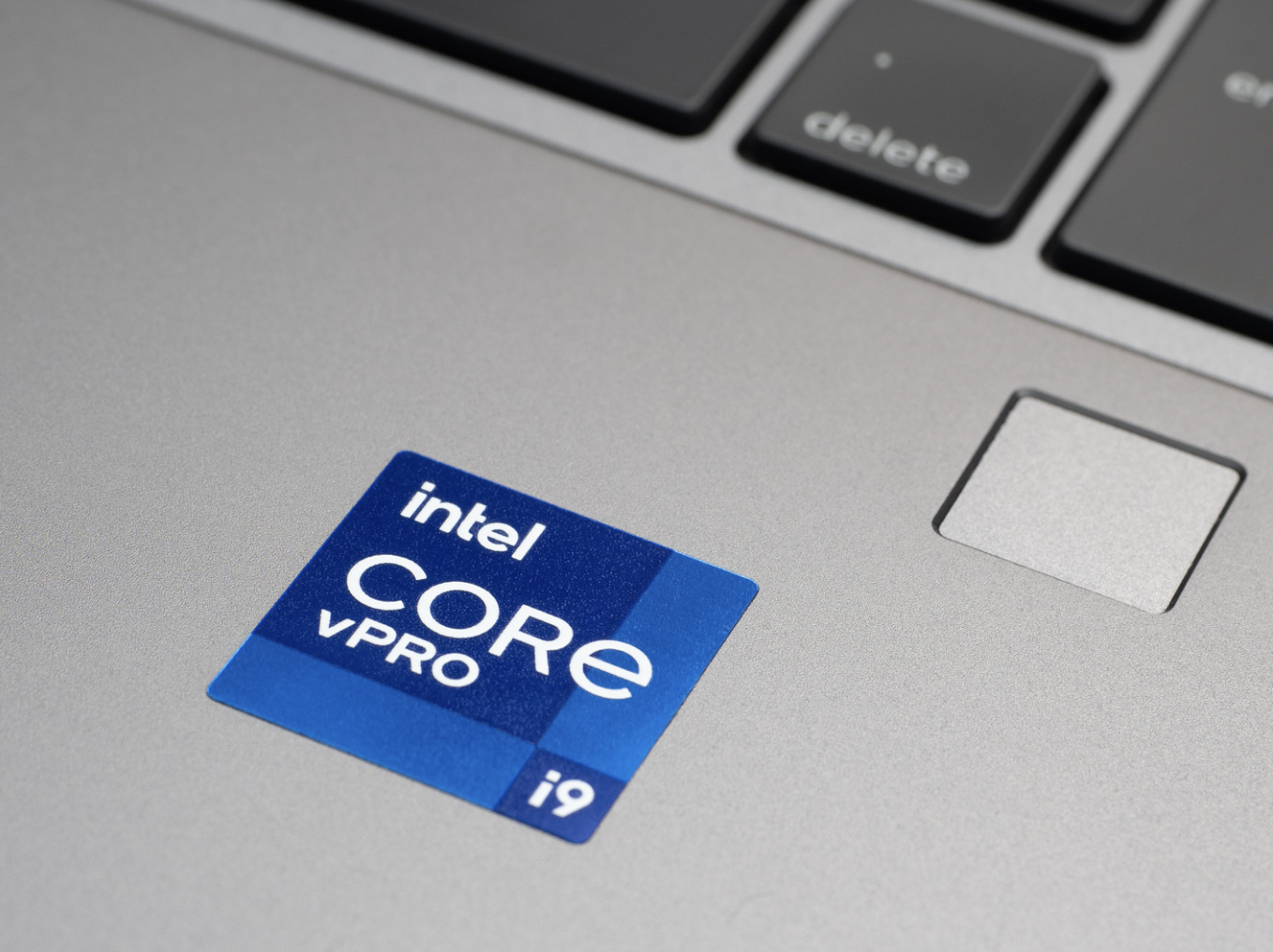Intel’s strategic push into software is progressing well, with the company aiming for cumulative software revenue of $1 billion by the end of 2027, Chief Technology Officer Greg Lavender told Reuters.
Intel generated over $100 million in software revenue in 2021, the year Lavender joined from cloud computing firm VMware under CEO Pat Gelsinger’s leadership to direct the chipmaker’s software strategy. Since then, Intel has acquired three software companies.
“I have a goal of getting to $1 billion of software and developer cloud subscription revenue,” Lavender said. “I think I’m on track to hit this goal by the end of 2027 … maybe sooner.”
In 2023, Intel’s total revenue was $54 billion, with a diversified portfolio of software services and tools spanning cloud computing and artificial intelligence.
Lavender’s strategy emphasizes services in AI, performance, and security, with significant investments in these areas. He noted strong demand for Intel’s forthcoming Gaudi 3 chip, which he believes will help Intel secure second place in the AI chip market.
Currently, Intel and Advanced Micro Devices’ AI processors have not significantly challenged Nvidia’s dominance. Nvidia controlled about 83% of the data center chip market in 2023.
Intel is supporting open-source initiatives to develop software and tools compatible with various AI chips, anticipating further advancements in the coming months. Nvidia’s success is partly due to its CUDA software, which ties developers to Nvidia chips. However, France’s antitrust regulator is investigating Nvidia for potential anti-competitive practices due to the AI sector’s reliance on CUDA.
Intel is a member of the UXL Foundation, a consortium of tech companies, including Qualcomm, Samsung Electronics, and Arm Holdings, working on an open-source project to ensure computer code can run on any machine, regardless of the underlying chip and hardware.
Intel is also contributing to Triton, an OpenAI-led initiative aimed at developing an open-source programming language to enhance code efficiency across AI chips. Other supporters of the project include AMD and Meta. Triton is already operational on Intel’s current graphics processing units and will be compatible with the company’s next generation of AI chips.
“Triton is going to level the playing field,” Lavender said.





